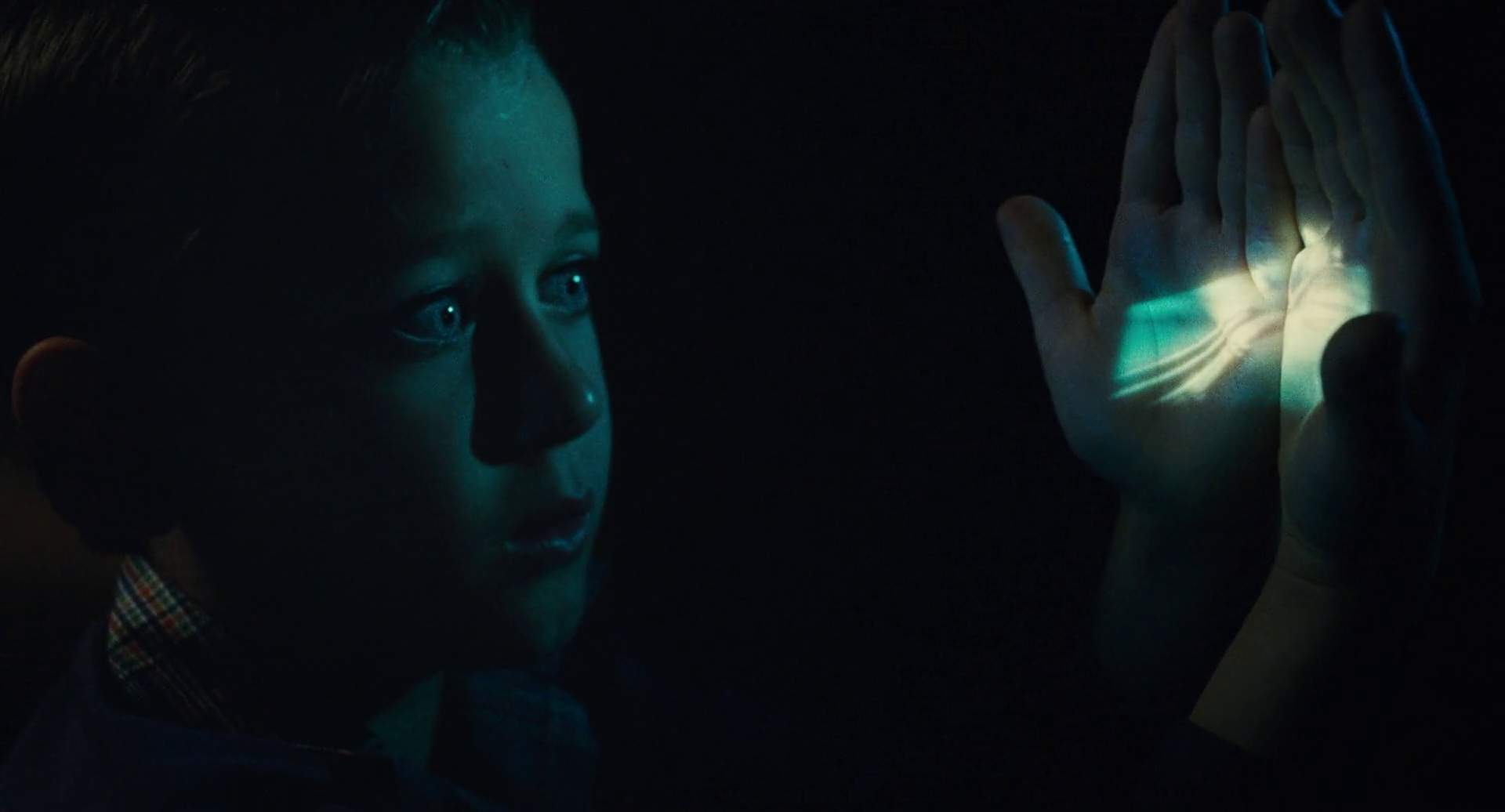In the grand tradition of classic song and dance musicals and the endless machine of holiday themed films, Apple TV+ and co-writer/director Sean Anders (“Instant Family,” “Daddy’s Home”) have brought us “Spirited”, a new musical adaptation of “A Christmas Carol” with more than a few twists on the classic tale.
The film mainly follows The Ghost of Christmas Present, played by Will Ferrell (“Anchorman,” “Step Brothers”), as he works with the Ghost of Christmas Past, played by Sunita Mani (“GLOW,” “Save Yourself!”) and the Ghost of Christmas Yet-To-Come, voiced by Tracy Morgan (“30 Rock,” “The Last O.G.”), in changing a despicable person into a good one every Christmas eve, lead by Jacob Marley, played by Patrick Page (“In The Heights (2021),” “The Gilded Age”). One year though, Present sets his sights on changing Clint Briggs, played by Ryan Reynolds (“Deadpool,” “Free Guy”), a sleazy PR consultant who’s considered by Marley to be unredeemable. Octavia Spencer (“Fruitvale Station,” “Hidden Figures”) also stars as Briggs’s longtime assistant and reluctant friend Kimberly.
It's an interesting twist to be certain and showcasing the work that goes into each yearly haunt is fun idea. It doesn’t get nearly as much screentime as it initially seems, and the film itself actually sticks fairly close to the plot of a typical “Christmas Carol”-type of tale. Some of the best things that Anders and co-writer John Morris (“Hot Tub Time Machine,” “Instant Family”) end up adding are actually the discussions of right and wrong. At multiple moments the futility of focusing on just one person one night a year is brought up, as well as who that person should be. It’s an interesting wrinkle to discuss, at it at the very least shows that Anders and Morris are thinking about the modern-day implications of these tales.
Ferrell does a great job as Present, bringing a surprising amount of drama to the comedy. His role isn’t nearly as annoying or high energy as one might initially expect from him, and it’s better for it. Reynolds likewise also tones down his typically smary persona, turning in a role that’s exactly as sleazy and aware as it needs to be without overplaying things too much. Morgan is silly exactly when needed, and Mani steals every scene she’s in. Page is perfectly fine as the grumbly kind of role required for Marley, and Spencer is great, although not doing anything particularly new. No one is bad, and Ferrell and Reynolds in particular have an old school showman styling to their roles, but no roles really jump out as anything particularly exceptional.
The musical aspect though does. It feels like any live-action musical released nowadays is either ashamed it’s a musical, has little-to-no choreography, or only has three songs. “Spirited” spits in the face of those lesser musicals and pulls out all the stops. From large scales sets with fantastical lighting and camerawork to choreography that feels lively, it’s a big budget Hollywood musical that they just don’t make anymore. It even manages to balance the high energy, highly decorated numbers with a few simpler ones, including one lit entirely with on set flashlights. There are even moments where a song isn’t happening, but dancing is. A handful of montages have people tap dancing feverishly sprinkled throughout, simply because it looks cool, and it adds to the idea that this is a movie refreshingly proud to be a musical.
It's a fantastically stylistic musical, if nothing else, and the songs are fairly great as well. While the slowest and most reprised one for Spencer is a bit forgettable, the new numbers from songwriting duo Benj Pasek and Justin Paul (“La La Land,” “Dear Evan Hansen”) are just a toe-tapping good time. From Reynolds’s tongue-in-cheek “evil” song “Bringin’ Back Christmas” to Ferrell’s emotional ballad “Unredeemable,” each song legitimately earns its place within the film.
It's easy to see a movie like this, a new twist on a classic Christmas story and be worried that it will simply come across as too sleazy or cynical. But that’s the other amazing thing, Anders injects the film with a surprising amount of sincerity. The emotional arcs not only work, they feel legitimately earned, and the movie overall has a great since of holiday wonder to it all. In an age where it feels like any genuine sincerity is shot down before it gets to earnest, “Spirited” is a movie that embraces it.
While the performances might not be groundbreaking and it might not take full advantage of it’s “new” premise, “Spirited” is a wholly enjoyable big song and dance number of a movie. Christmas musicals aren’t anything new, but the clear enthusiasm for the genre and the energy of it all go a long way towards reinvigorating the idea of the showmanship needed for this kind of big budget Hollywood musical. It’s a toe-tapping good time that’ll put a smile on your face if nothing else. 4/5


.jpg)












